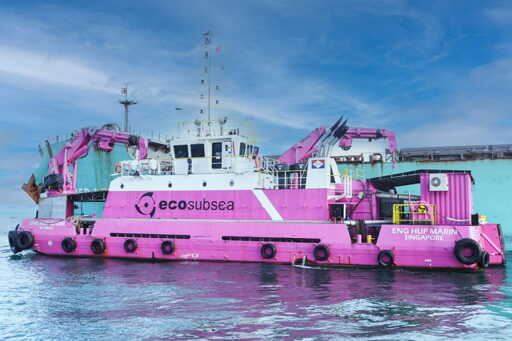This is Part 2 of a short series on efforts to decarbonize the global shipping industry. Part 1 discussed international policy and politics. This part looks at efficiency measures. Those in the shipping business have long had some incentive to make their vessels travel more efficiently: saving money on fuel. But the heavy fuel oil they use is a “bottom-of-the-barrel” byproduct of crude oil refining and, while the price fluctuates, it generally is less expensive than other fossil fuels. So, getting shipowners to optimize operations or redesign their vessels on a large scale requires regulations, experts say. A big regulatory push may be steaming into port. The European Union recently began regulating greenhouse gas emissions from shipping, and the International Maritime Organization could adopt global decarbonization rules at a meeting in October, which would make shipping the first industry to be governed by a global treaty that sets enforceable decarbonization standards. The IMO deal would lead to a long-term transition to greener fuels and it could, coupled with other IMO regulations, lead to increased use of efficiency measures that reduce how much fuel vessels need in the first place. Such measures include everything from adding sails to ships to lubricating or redesigning hulls and optimizing routes or arrival times. These are cheaper and more immediately available than alternative fuels. “Efficiency measures are the most important because ultimately the most important thing we can do is reduce energy consumption, full stop,” Madadh MacLaine, secretary-general of the Zero Emissions Ship Technology Association…This article was originally published on Mongabay
From Conservation news via this RSS feed


